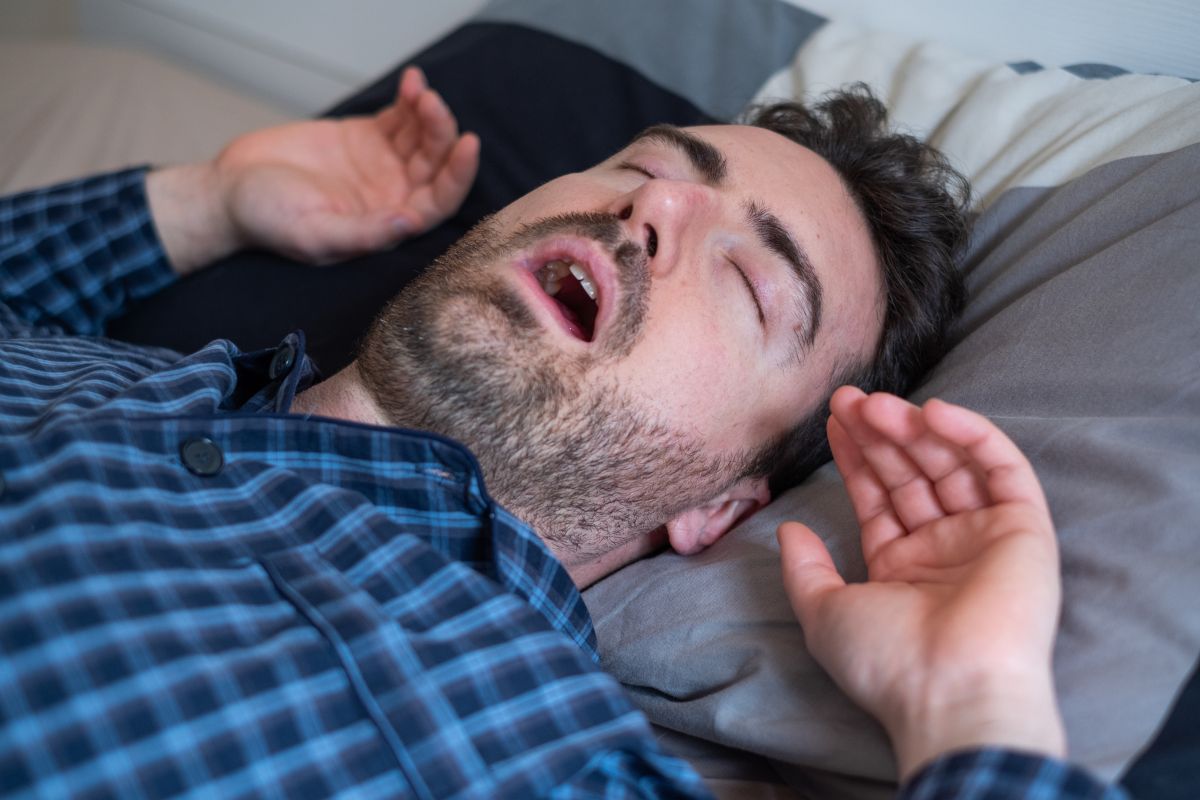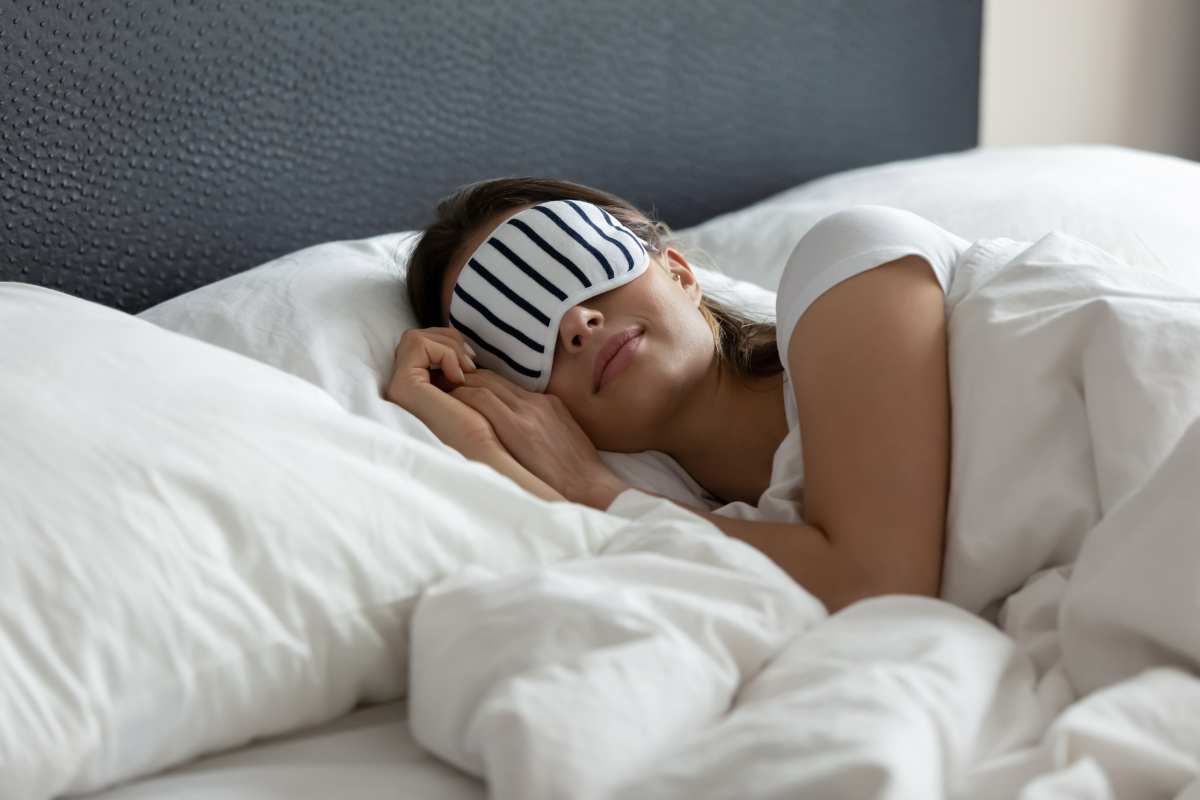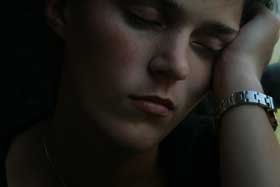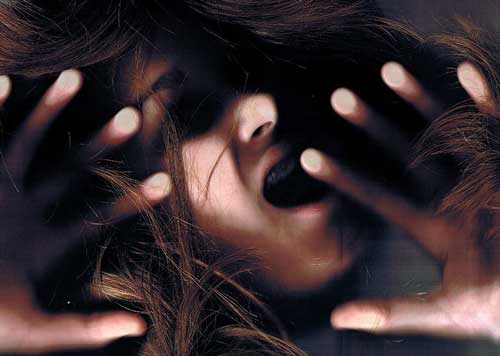What is narcolepsy?
It’s a good question and one which many people struggling with sleep problems have wondered. Unfortunately, narcolepsy is difficult to diagnose properly but once a diagnosis has been made, it can be managed and does not present any serious physical threat.
Narcolepsy is one of a range of sleepdisorders, neurological in origin and involving discrepancies in the normal sleep pattern. Patients who are narcoleptic tend to fall into REM sleep, the deepest part of the regular sleep cycle, quickly and sometimes without warning. This can happen both at night and, more disturbingly, during the daytime hours.

For those who have asked what is narcolepsy, the answer is a difficult one to pinpoint. The causes of narcolepsy are not known. It is believed that chemical imbalances in the brain can lead to these extraordinary disruptions of sleep but nothing has been clinically proven. What we do know is that narcolepsy can begin to manifest itself at any age, though it
is most common among teens and young adults.
Because narcolepsy can involve a range of symptoms and can actually encompass other conditions, it is difficult to properly diagnose. In order to thoroughly gauge one’s regular
sleep cycle and determine what, if any, problems there are with it, a series of specialized tests are required. These tests are usually conducted at a sleep disorders clinic under carefully monitored conditions.
When asking "what is narcolepsy?" it is important to consider the main symptoms

Although symptoms will vary from person to person, there are several main symptoms which generally characterize narcolepsy. The most prominent is excessive daytime sleepiness (EDS). Individuals with narcolepsy will likely never feel fully rested, even if they
sleep through the night. They can experience lack of energy, exhaustion, and depression as a result of the constant feeling of sleepiness.
Narcolepsy is a sleep disorder that affects both day and night sleep patterns. During normal waking hours those suffering from narcolepsy will find themselves feeling the
strong, sometimes irrresistable urge to sleep and may do so at inappropriate times and places.
Narcoleptics may also find that their normal nighttime sleep is disrupted with frequent waking as well and may even develop insomnia.
Narcolepsy appears to be related to a problem with how the sleep cycles are activated

Those without narcolepsy will slowly fall asleep and pass from the non-REM (rapid eye movement) sleep through to deeper levels of sleep later when most REM sleep occurs. During these periods is when others experience dreams and REM atonia occurs. REM atonia is what prevents our muscles from responding to movements when we are engaged in our dreams.
However, in the case of narcoleptics the REM state can be entered into very quickly and REM atonia can happen at inappropriate times. When this happens the body can exhibit muscle weakness or slackening from smaller localized areas such as facial muscles or complete muscle weakness throughout the body. This is called cataplexy (sometimes referred to as a “sleep attack“) and can even occur during wakeful states and is generally triggered by strong emotions including laughing, being surprised or even sneezing.
In addition to cataplexy, narcoleptics can also suffer from other sleep disorders that arise from the out-of-sequence sleep patterns. Sleep paralysis, hynagogic hallucinations (very
intense dreams that occur during the periods of falling asleep and waking) and automatic behavior wherein a sufferer may engage in activities or even conversations while in a sleep state and have no conscious recollection later.
Narcolepsy Treatment

Once you have successfully answered the question what is narcolepsy, it is possible to consider treatment. While there is no known cure for narcolepsy, there are some medications, including anti-depressants and stimulants, which can be used to control some of the more disturbing symptoms such as cataplexy.
Otherwise, patients are encouraged to limit natural stimulants like caffeine, nicotine and alcohol from their regular routine.
Narcolepsy is a complicated and often misunderstood condition, but it does not have to become all encompassing. It is possible to manage symptoms and live a full, rich life. The key is learning as much as you can about it and making sure you discuss any disturbances in your sleep pattern with your doctor. Sleep is more important than you realize, so don’t let narcolepsy ruin yours.








